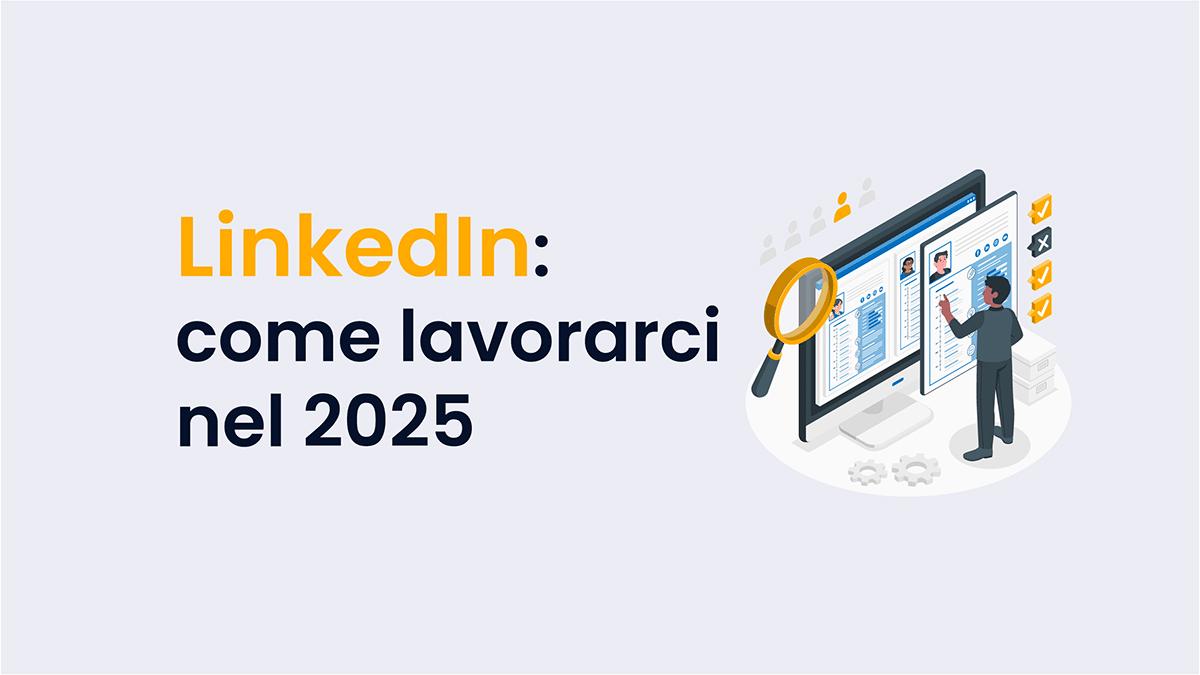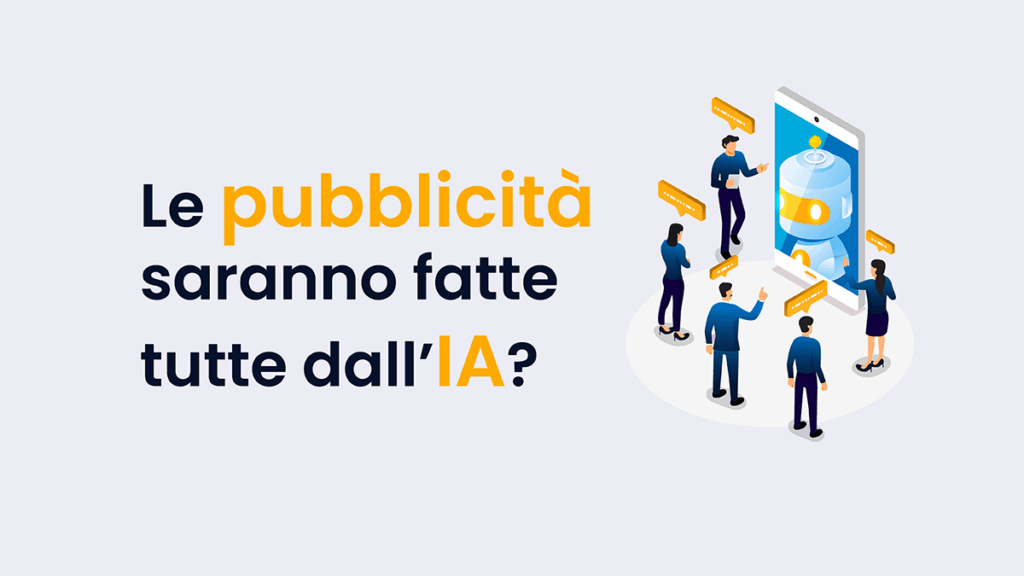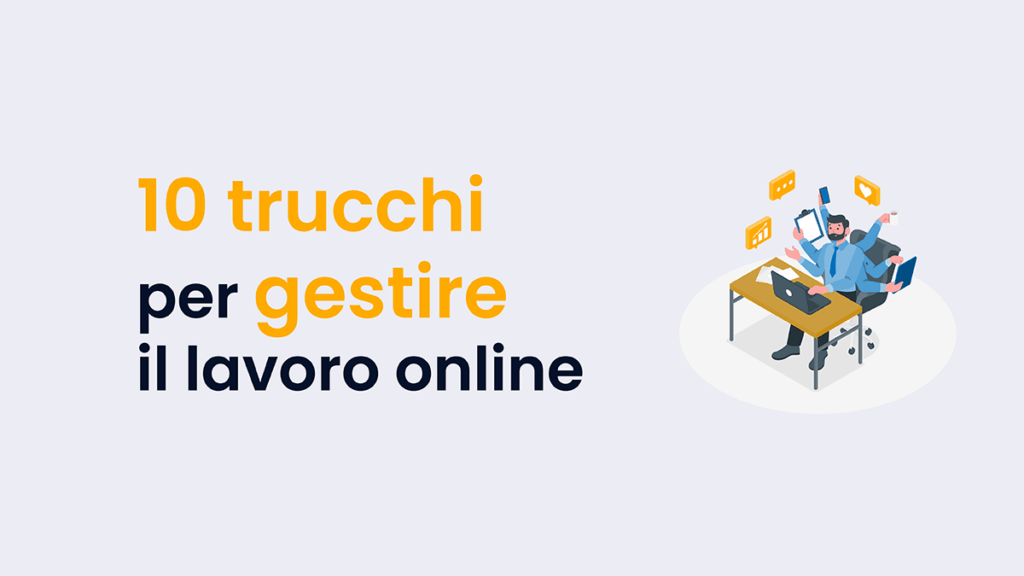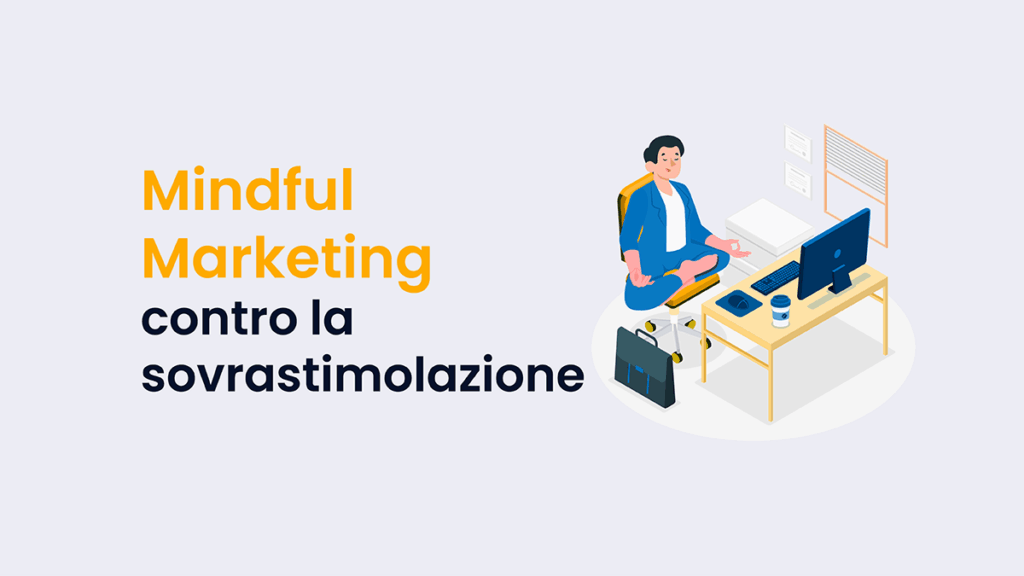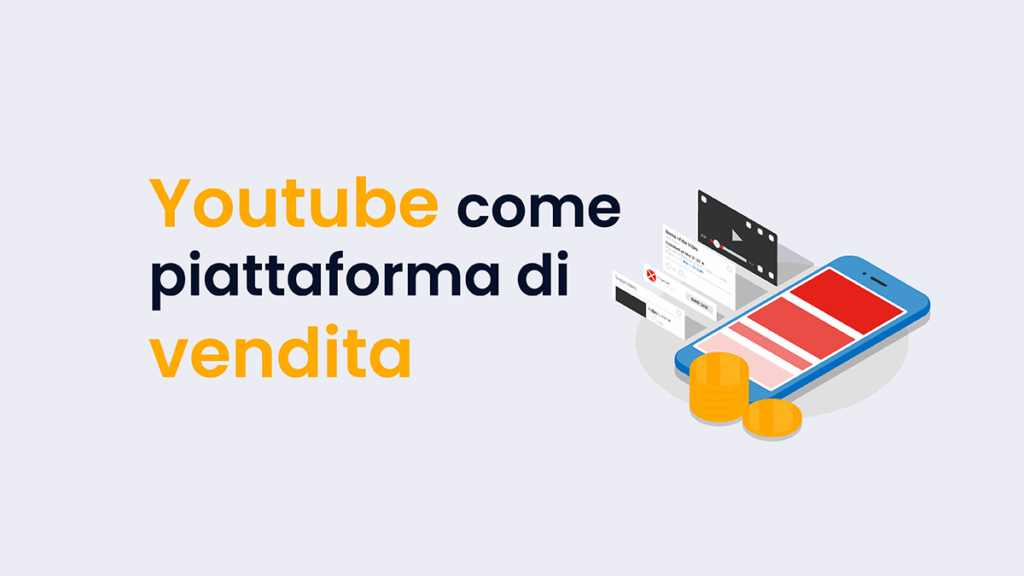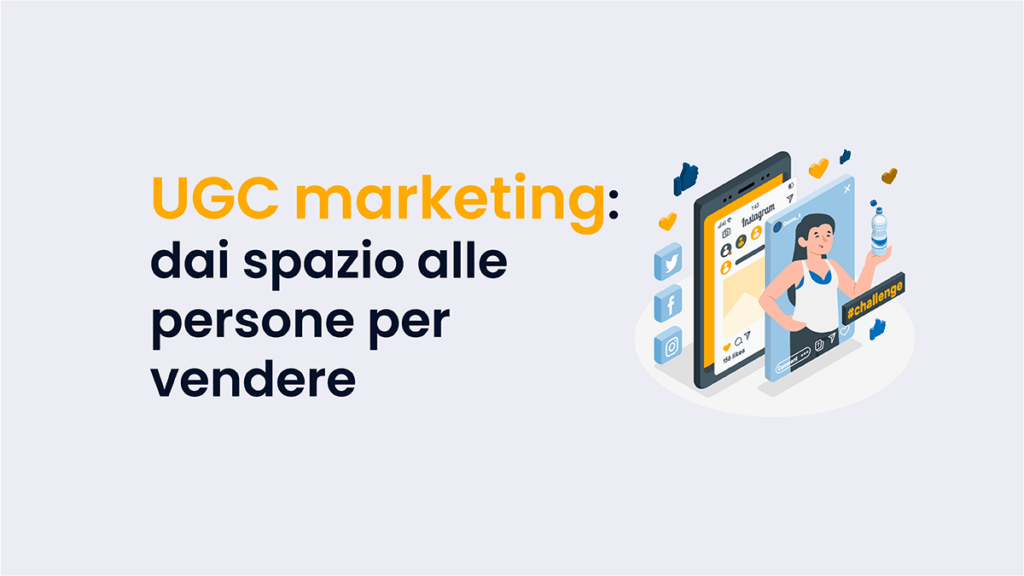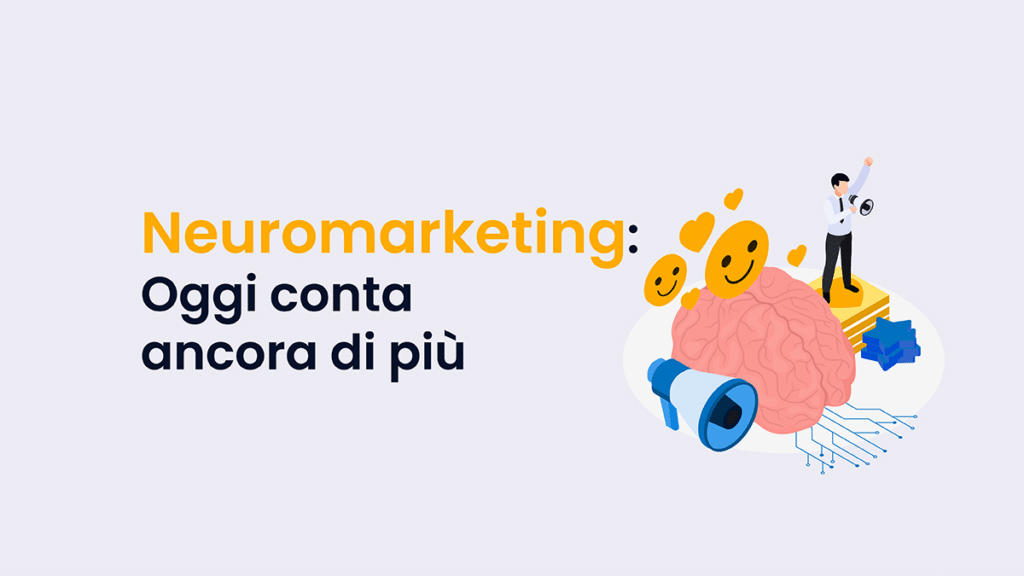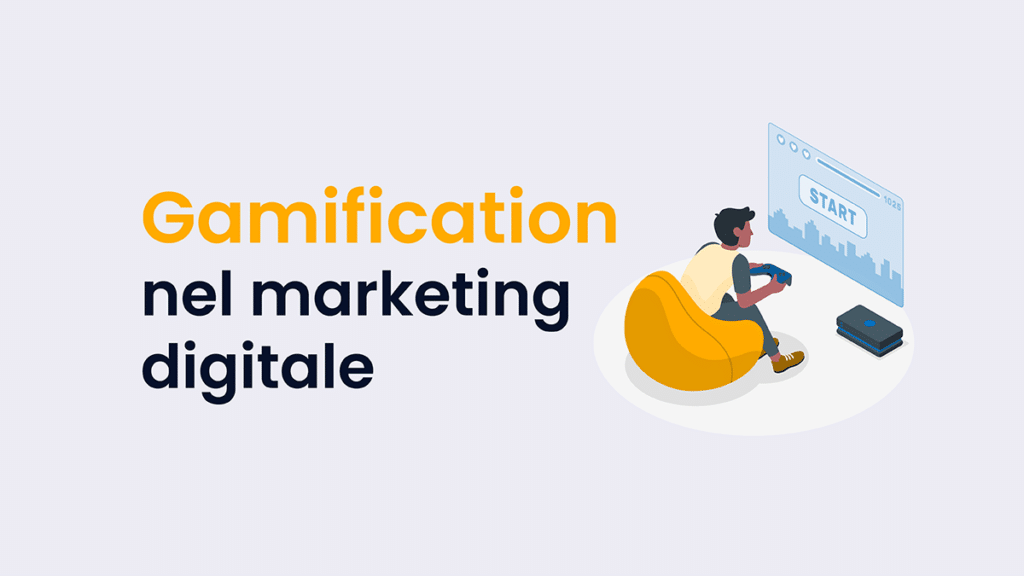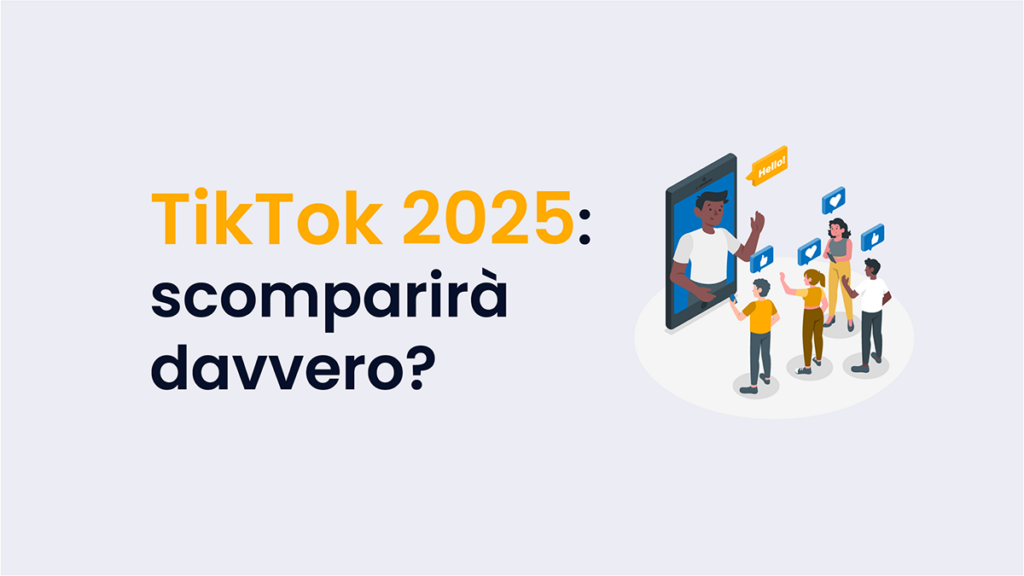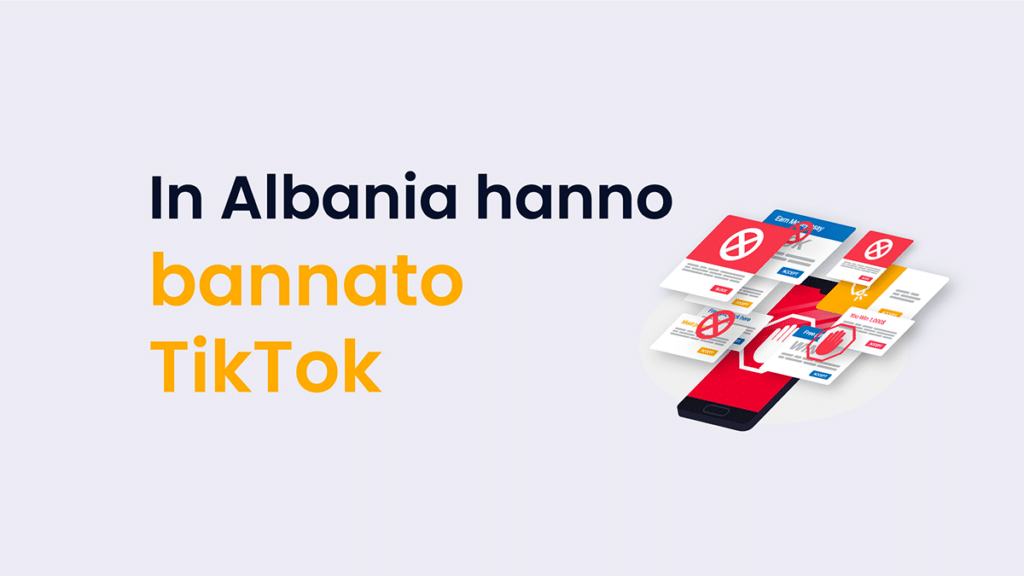LinkedIn – si sa – è il social del lavoro: ma è solo una nomina a cui ci siamo abituati o è ancora vero nel 2025?
La risposta, per il miliardo di utenti globali della piattaforma, è più che ovvia: sì, LinkedIn nel 2025 è ancora utile a trovare lavoro, anzi, alle volte è necessario. Chiariamoci bene però: non stiamo dicendo che per lavorare nel digitale (e non solo) bisogna per forza avere LinkedIn. Ci sono un sacco di altre piattaforme di lavoro online su cui cercare e ognuno ha i suoi gusti, il suo settore, il suo mercato, il suo ambiente preferito.
Non dimentichiamo poi che si può ancora trovare lavoro bussando alle porte, incontrandosi in un pub o in un hub fisico, oppure per passaparola, che spesso fa sbarcare il lunario a più nomadi digitali di quanto si possa credere.

Quindi LinkedIn non è indispensabile a tutti. Ma per tutti (o meglio, quasi tutti) è indiscutibile che offre tantissime opportunità di lavoro rispetto ad altri singoli social e piattaforme. Soprattutto quest’anno, grazie a una serie di miglioramenti e aggiornamenti tecnici. LinkedIn nel 2025 allora è più che mai utile a trovare lavoro. Se non lo sapevi ti conviene continuare a leggere, perché scoprirai anche come utilizzarlo… prima di affacciarti alle alternative. Se sei un nomade digitale che per scelta non ha mai indossato una cravatta in vita sua e vede LinkedIn come distante o plasticamente formale: tieni aperti i tuoi orizzonti. Poi scegli.
Indice dei contenuti
Perché LinkedIn è ancora ottimo per trovare lavoro?
Perché ha uno scopo puro e semplice dal quale non ha mai sviato: serve ad assumere e farsi assumere, a fare rete, e a informarsi direttamente da chi è nella tua sfera di interesse. Come web agency esperta di marketing digitale, SEO, social e pubblicità, sappiamo che spesso le attività più efficaci sono quelle che parlano a unico bisogno preciso e che lo soddisfano con soluzioni definite e comprensibili a tutti. Soluzioni mirate.
LinkedIn più di altre piattaforme per trovare lavoro, più di altri social – e osiamo dire più di tanti servizi – offre proprio soluzioni mirate: per questo funziona e continua a funzionare anche nel 2025 per trovare lavoro. La scoperta dell’acqua calda? Non è detto, perché la semplicità ha la sua scienza.

L’algoritmo di LinkedIn come appoggio per la sua identità, che è creare lavoro
Gli algoritmi dei social sono determinanti per la qualità della navigazione, per la domanda e l’offerta. Anche se in una certa misura sono dinamici rispetto alle preferenze e alle scelte reali delle persone, stabiliscono (a volte troppo esclusivamente) il tono dell’ambiente, lo scopo per cui si abita un social, la percezione di tutto questo, di contenuti, persone e di se stessi. L’identità del brand. Sì, perché l’identità di un brand è costruita maggiormente da chi la percepisce. Quindi se l’algoritmo è una chiave per determinare la percezione, LinkedIn lo usa come appoggio per la mission e la vision che ha.
L’algoritmo di LinkedIn nel 2025 favorisce la ricerca di lavoro valorizzando
- contenuti professionali approfonditi (meno post virali e più focus sul valore reale);
- competenze verificate tramite certificazioni e test;
- connessioni reali, penalizzando la crescita artificiale;
- automazione e intelligenza artificiale solo per il matching tra candidati e aziende (non per contenuti e messaggi).
Utilizzo intelligente dell’IA
LinkedIn favorisce appunto strumenti di automazione solo nel caso di ricerca e possibilità di matchare. Quindi, non esiste che su LinkedIn si trovi lavoro spammando mail tutte uguali o che si possa ricorrere a trucchetti bot da bucaniere.

Dunque, attraverso un utilizzo esclusivo e limitato (ma non riduttivo) dell’intelligenza artificiale, LinkedIn ci invita non prendere scorciatoie da bambinetti: se si vuole lavorare si può fare, si può fare tanto e anche bene, con soddisfazione e prospettive.
Ma soprattutto, mentre si lavora si fa rete
E il networking è proprio il vantaggio principale che offre LinkedIn: perché genera ulteriore lavoro, perché fa scoprire professioni che neanche immaginavi esistessero, e perché offre anche prospettive di impresa. In altre parole, puoi trovare soci, partner, sponsor, finanziatori e via dicendo. Fare rete è sostanzialmente un’evoluzione del passaparola favorita da mezzi avanzati. Oggi è il modo più le assunzioni avviene tramite networking, e LinkedIn è tra i posti migliore per farlo.
I 3 primi passi per trovare lavoro su LinkedIn
Su LinkedIn non basta esserci, bisogna agire:
- Ottimizza il profilo come se fosse un biglietto da visita digitale: quindi usa un titolo chiaro che descriva il tuo valore, non solo il ruolo (es. “Marketing Strategist/AI & Growth Expert” invece di “Marketing Manager”). Sfrutta la sezione “Info” per raccontare chi sei e cosa puoi offrire, con un linguaggio concreto e orientato ai risultati. Poi aggiungi certificazioni e competenze richieste nel tuo settore per migliorare la visibilità.
- Candidati in modo strategico, non compulsivo: quindi personalizza ogni candidatura e interagisci con i post delle aziende prima di inviare il CV. Usa LinkedIn Jobs con filtri avanzati per trovare offerte mirate. Scrivi ai recruiter con un messaggio diretto e professionale.
- Fai networking in modo intelligente: evita di pretendere senza offrire valore. Commenta post di settore, condividi analisi e partecipa a gruppi. Ma non basare tutto su questo. Sfrutta le referenze, perché le segnalazioni da colleghi aumentano la tua credibilità.
I 5 repellenti del lavoro su LinkedIn: quali sono e come evitarli
1) I profili senza foto e dettagli
Un profilo senza foto – se non è invisibile – fa un po’ la stessa impressione che farebbe un tizio che finge di leggere il giornale con naso, baffi e occhiali finti.

Quindi, se vuoi trovare lavoro su LinkedIn, per favore completa ogni sezione, usa un titolo chiaro e descrivi le esperienze con dettagli e risultati concreti. Ci vuole davvero poco e ti evita di fare figuracce senza senso.
2) Messaggi senz’anima e pubblicità invadente
È irritante quando ti arrivano messaggi senza anima o promozioni subito dopo il collegamento. Perché sono richieste di attenzione senza piglio. Non è stato costruito alcun valore attorno a quella richiesta. Quindi richieste così sono soltanto un disturbo per chi le riceve: una minaccia al valore del lavoro o del loro tempo libero, che sentono di sciupare dedicando anche pochi secondi a spam e pubblicità. E questo avviene a prescindere dal potenziale valore che potresti effettivamente offrire. Quindi personalizza ogni richiesta di connessione e crea relazioni prima di chiedere qualcosa. Ne vale la pena, perché si tratta di valorizzare in prima persona chi sei, cosa fai e come lo fai: perché non farlo?
3) Gonfiarsi con frasi motivazionali e con i contenuti virali
Se vuoi scrivere continuamente frasi motivazionali, creati un blog: non te lo impedisce nessuno. Se vuoi cavalcare ondate virali, smanetta su TikTok, che non c’è nulla di male. Se vuoi trovare lavoro su LinkedIn, condividi esperienze reali, insight di settore e contenuti che dimostrino la tua visione e le tue competenze. Sarà questo che ti permetterà davvero di fare rete in maniera utile per te e per gli altri.
4) Abusare dei bot
No, a nessun bot viene fatto del male.

Abusare del loro utilizzo per aumentare le connessioni o l’engagement, però fa male alla tua ricerca di lavoro su LinkedIn. Rischi lo shadowban. Quindi l’AI sfruttala per la ricerca e il matching, che sulla piattaforma serve a questo.
5) Fare i lupi solitari e aspettare che arrivino le proposte di lavoro
Se vuoi trovare lavoro aspettando che ti arrivino le richieste, o compilando semplici proposte da una bacheca, ci sono piattaforme che ti permettono di farlo (come Upwork) e altre dove sono più i recruiter a prendere l’iniziativa (come Behance). Ma dipende tanto dal lavoro che fai.
Se vuoi lavorare su LinkedIn ti conviene commentare post, partecipare a gruppi, chiedere referenze a colleghi e clienti, ma soprattutto mantenere contatti propositivi e lungimiranti con loro. Commentare e interagire al solo scopo di fare numero, è anche questa una pratica da evitare, perché è obsoleta. Ma è sempre meglio di non fare nulla, perché può comunque aprire a contatti più consistenti.
L’orientamento deve essere sempre quello di costruire rapporti che bilanciano il valore che offri tu a ciò che ti viene restituito.
Con un mano si dà e con l’altra si prende.
LinkedIn è meglio per trovare lavoro rispetto ad altre piattaforme e social?
La risposta scontata è: sì, perché è fatta apposta, quindi ha funzioni, algoritmo e tutto il resto votato a scopi precisi: rete, lavoro, contatti diretti. E va benissimo, ma è una risposta riduttiva, perché ci sono diverse concezioni di lavoro. E su LinkedIn, si può presumere facilmente che si trovino solo certi tipi di lavoro, di categorie di persone e di opportunità. Questo perché in parte può essere vero.
E si può credere specialmente se la propria fonte di guadagna deriva da altri social. O se si accarezza l’idea di farlo perché ci sono esempi che si vogliono seguire. O magari hai un negozio, sei un artigiano, e vuoi semplicemente capire se stare su LinkedIn ti conviene o no per trovare lavoro.
Chi guadagna con YouTube, Twitch, OnlyFans e Patreon se ne infischia di LinkedIn?
Ci sono per esempio ventenni che facendo costantemente video su YouTube arrivano a guadagnare – in media e a seconda dei numero di iscritti – realisticamente fino a 5000 euro al mese (con 100.000 e più iscritti). Parliamo di canali di un certo successo, quindi di casi un po’ speciali… ma non così rari e così difficili da raggiungere. Soprattutto quando si hanno contenuti, energie e tempo.
Parliamo di uno stipendio da medico specialista, da dirigente d’azienda, da avvocato. Roba che magari un ragazzetto arriva a guadagnare il doppio o il triplo di quanto guadagna l’insegnante che l’ha esaminato alla maturità.
E anche se il guadagno fosse la metà – o un terzo – a un ventenne potrebbe bastare così. Andare avanti e finanziarsi. Forse è difficile che si avvicinerà a LinkedIn. Prima di tutto perché: che curriculum mette se non fa altro? Si propone come video maker e content creator per altri? Sa che può farlo? Si interessa a capire se può farlo? Anche una volta finita la bolla di popolarità, cosa sarà più propenso a fare – magari a 27/28 anni – dopo 8 anni che si è sostanzialmente campato facendo video su YouTube?
Forse è più propenso a fare impresa
Invece di avvicinarsi a LinkedIn, più probabilmente cercherà di fare impresa a modo suo in qualche maniera. Magari gli riesce alla grande. Forse ha investito bene quello che ha guadagnato. Magari l’attività stessa oggetto dei video su YouTube, è stata così sponsorizzata e si già lanciato come professionista (mentre continua a guadagnare dal canale). O magari nessuna di queste cose e finisce a fare tutt’altro nella vita.
Quindi: cosa gliene importa di perdere tempo su LinkedIn? La sua concezione di lavoro si rispecchia con quello che rappresenta LinkedIn e che può offrire? E la stessa questione – rapportata – può valere per Twitch, per Patreon e per chi mostra i piedi su OnlyFans.
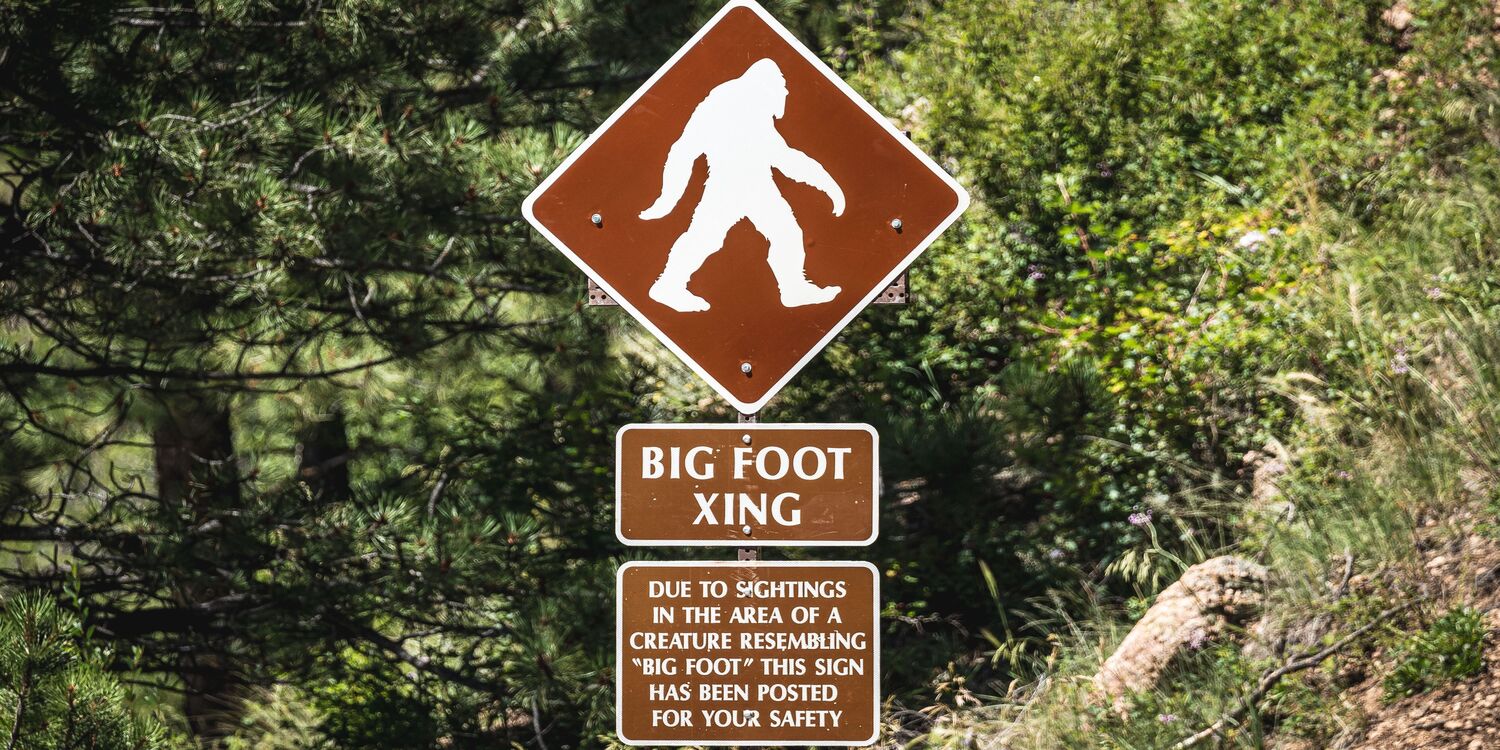
Ma questi non sono lavori veri!
Anche se individualmente si può essere d’accordo e fare altre scelte, in senso assoluto nessuno può stabilire cosa sia un “vero lavoro”. Se intendiamo “lavoro” come “fonte di guadagno” ecco che decade qualsiasi tipo di considerazione etica, qualitativa e morale. Ecco che fare video che vengono apprezzati per qualsiasi motivo diventa un lavoro come un altro… che su LinkedIn non ha molto senso fare.
Anche se in realtà l’approccio nel rapporto con la community che ha uno Youtuber o un Twitcher in molti casi, si sposerebbe perfettamente con l’idea di networking su cui si fonda LinkedIn.
Chi lavora su Facebook, Instagram e TikTok ha interesse a stare su Linkedin?
Facebook, Instagram e TikTok – mentre X si sta muovendo per generare un mercato di abbonamenti ai creatori – sono mercati spuri, che permettono diverse nicchie nelle quali si può trovare tutto quello che si desidera. Attraverso questi social in diversi modi puoi sponsorizzare qualsiasi attività e crearti una community che genera conversioni reali. Quindi (a meno che non sei un Marketer specializzato nelle sponsorizzate di Meta) puntare su uno o tutti e 3 i social in contemporanea può essere più che abbastanza, per una svariatissima gamma di professionisti e non.
Allora l’interesse a stare su LinkedIn può essere minore, ma non è affatto detto.
I contenuti già esistenti e la comunicazione stessa si possono adattare facilmente – in moltissimi casi – a un linguaggio e a una forma per ricerca di lavoro su LinkedIn, come si può potenzialmente fare con i 3 social. In sostanza sono integrabili: potenzialmente puoi avere 4 piccioni con una fava.
Sono un artigiano, ho un negozio al dettaglio: mi conviene avere LinkedIn?
Se hai un negozio al dettaglio, o sei sei fabbro, idraulico, elettricista, parrucchiere, carrozziere, tatuatore, falegname – e via dicendo – concentrarti su LinkedIn ti serve a poco… a meno che non vuoi trovare un particolare fornitore o sei alla ricerca di collaborazioni e lavorazioni che vengono da aziende.
Vuoi trovare più clienti? Punta su SEO e SEA di Google e a piazzarti su Maps!
